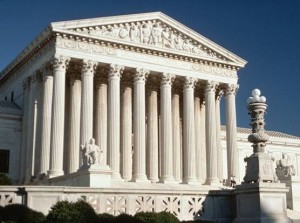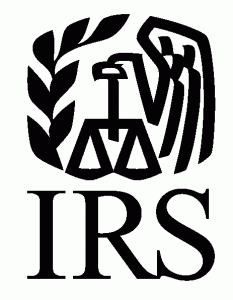 Although disappointing to the petitioning taxpayer, yesterday’s Tax Court opinion in Mountanos v. Commissioner is of some relief to practitioners and counsel who follow conservation easement cases closely. Recent decisions in the Tax Court (Belk, Averyt) and the Courts of Appeals (Kaufman, Scheidelman) have turned on technical aspects of the Treasury regulations that govern the deductibility of these charitable contributions.
Although disappointing to the petitioning taxpayer, yesterday’s Tax Court opinion in Mountanos v. Commissioner is of some relief to practitioners and counsel who follow conservation easement cases closely. Recent decisions in the Tax Court (Belk, Averyt) and the Courts of Appeals (Kaufman, Scheidelman) have turned on technical aspects of the Treasury regulations that govern the deductibility of these charitable contributions.
Mountanos, instead, is a “traditional” conservation easement case in that the validity of the donation, documentation and recordation of the easement were not at issue. We note, however, that the government did argue that the taxpayers did not acquire a “contemporaneous written acknowledgment” from the donee organization or a “qualified appraisal” as required under the applicable statute and regulations but the court did not address these arguments.
Rather this case turned entirely on the value attributed to the taxpayer’s donation of an 882 acre tract of undeveloped land in north central California. The taxpayer’s valuation was based on the before and after approach. Using that method, where the “before” value is based on the highest and best use of the property, the taxpayer’s $4.6 million valuation was based on use of the property as part vineyard and part residential development. The “after” valuation – that is, after the restrictive easement was imposed – was based entirely on recreational use (such as deer hunting).
Judge Kroupa was not persuaded that a 287 acre vineyard “was a legally permissible, physically possible and economically feasible use of the ranch.” The taxpayer’s restricted access to the property (across Federally controlled parkland) and lack of access to proper irrigation made the likelihood of a viable vineyard slim, even if it could have been economically viable (which the court found equally unlikely).
The proposed use of the property for residential development was no more impressive to the court. The entire parcel was subject to a contract with the county, governed by a state statute (the Williamson Act), that forbade residential development – even before the conservation easement donation had been made. The taxpayers did not put on evidence to convince the court that the state law restrictions would not apply if the taxpayer indeed tried to pursue residential development. Accordingly, the court concluded that the taxpayers failed to show that “the conservation easement had any value.”
The court also sustained the 40% gross valuation overstatement penalty asserted against the taxpayers. It is unclear whether the taxpayers put forth a reasonable cause defense to the penalty or not but the court noted that such a defense does not apply “in the case of a gross valuation overstatement with respect to property for which a charitable contribution deduction was claimed under section 170. Sec. 6664(c)(3).”
This was unquestionably a bad result for the taxpayers but still an encouraging note for taxpayers who have made carefully executed and fairly valued conservation or facade easements – you should at least have a day in court.
Read the opinion here:
Mountanos v. Commissioner, TC Memo 2013-138
 The United States Supreme Court has struck down the Defense of Marriage Act (DOMA) as an unconstitutional violation of the “equal liberty” protections of the 5th Amendment.
The United States Supreme Court has struck down the Defense of Marriage Act (DOMA) as an unconstitutional violation of the “equal liberty” protections of the 5th Amendment.




